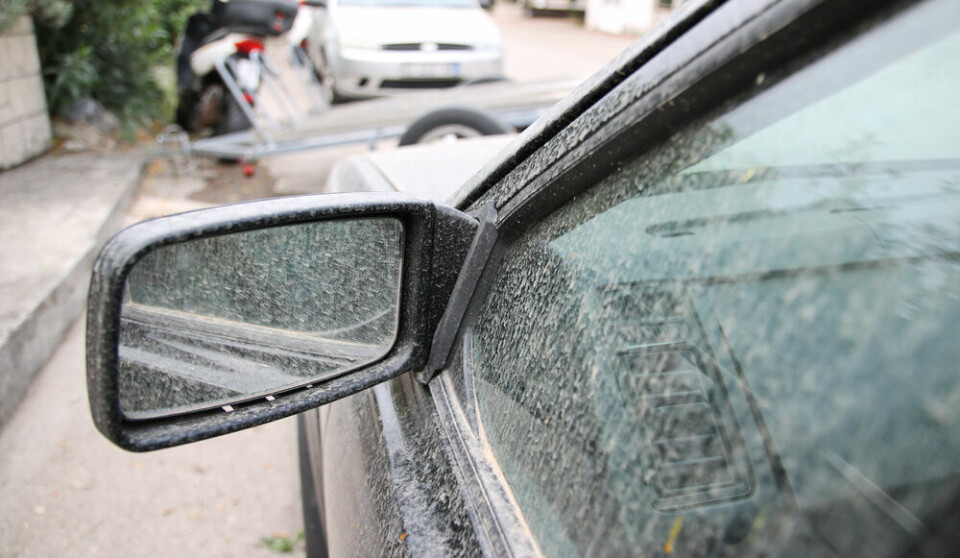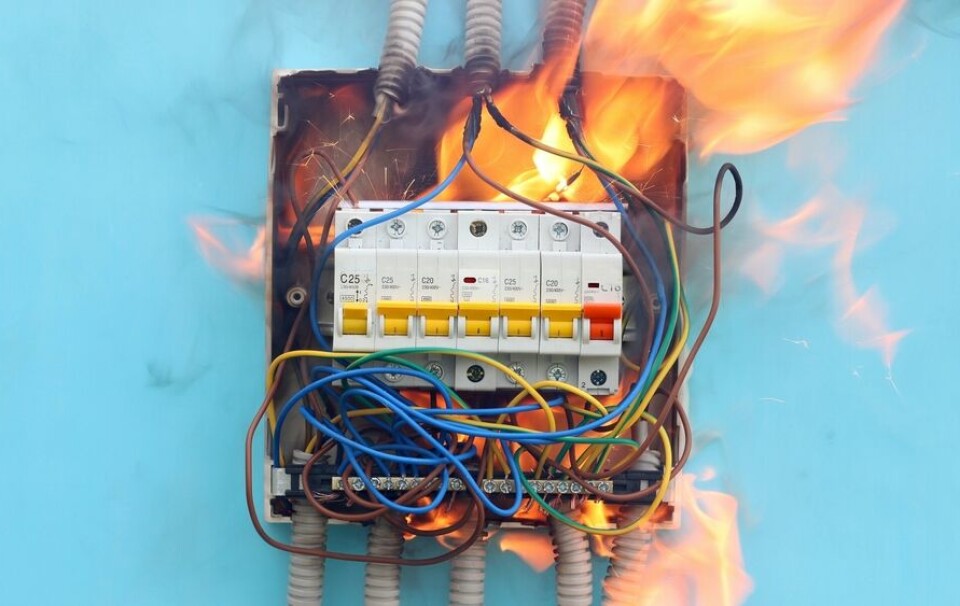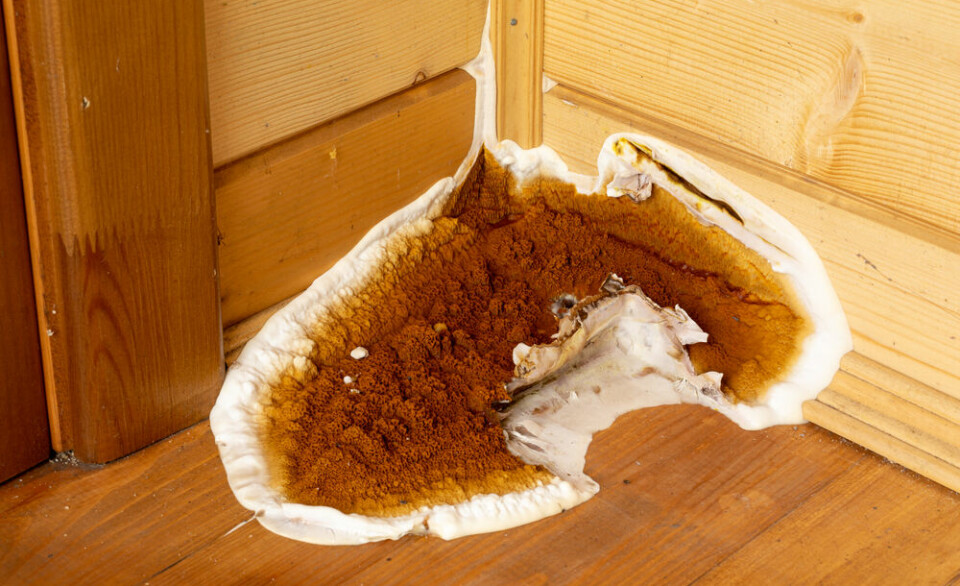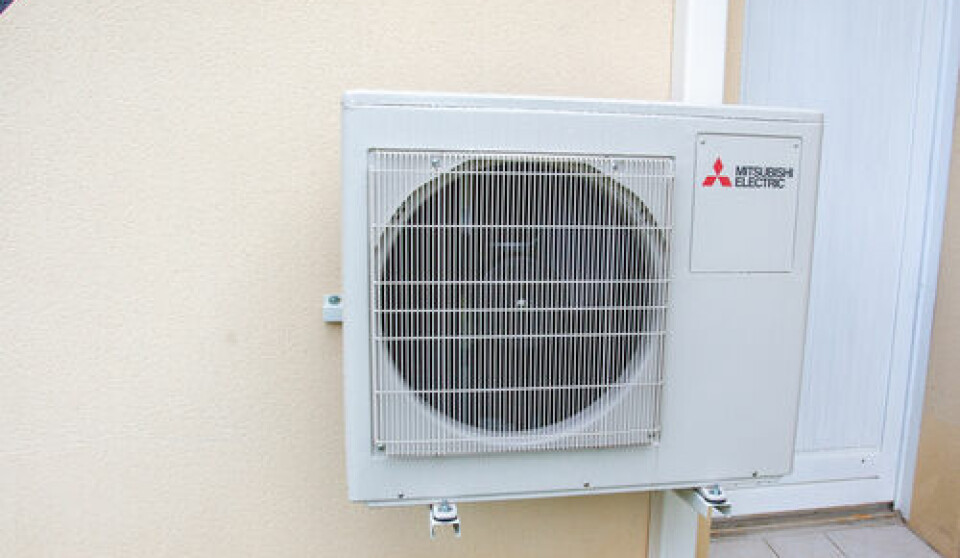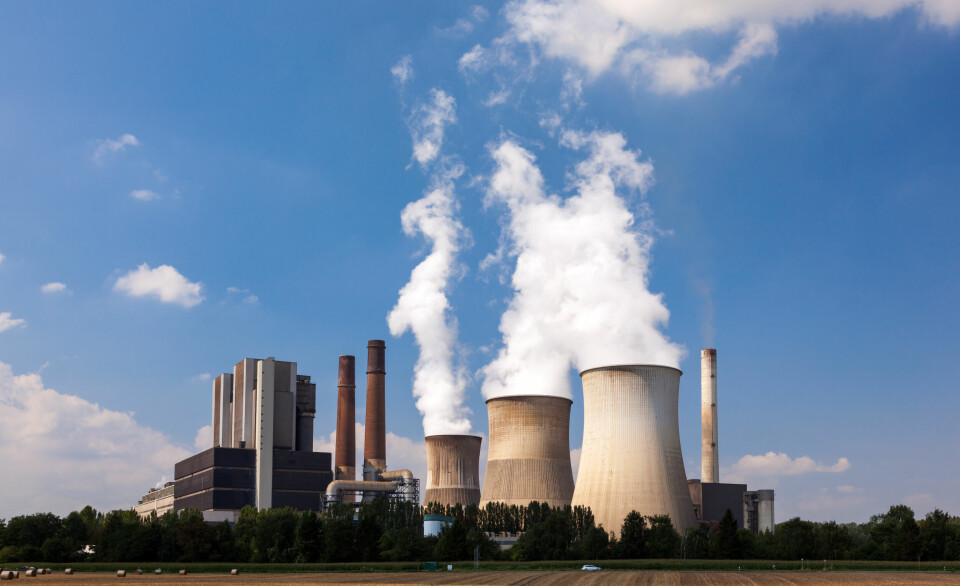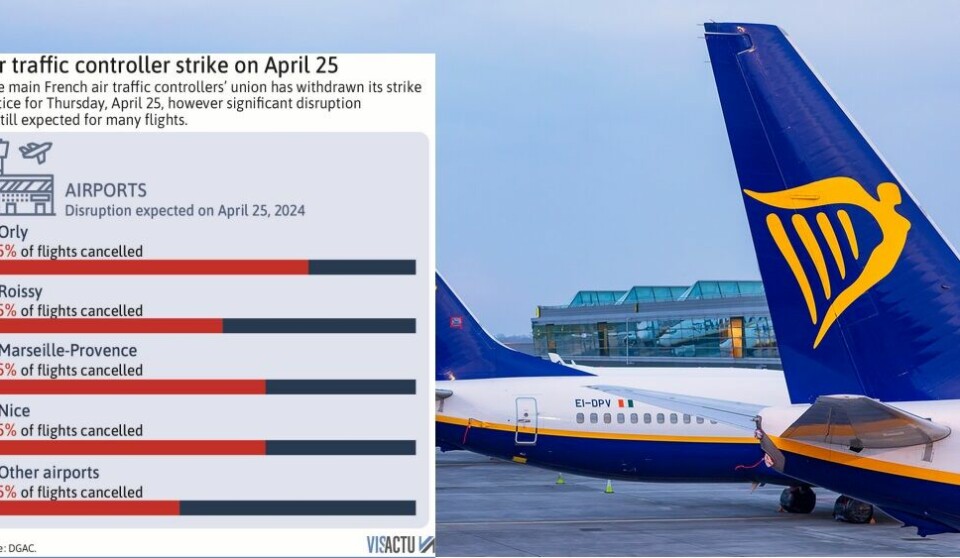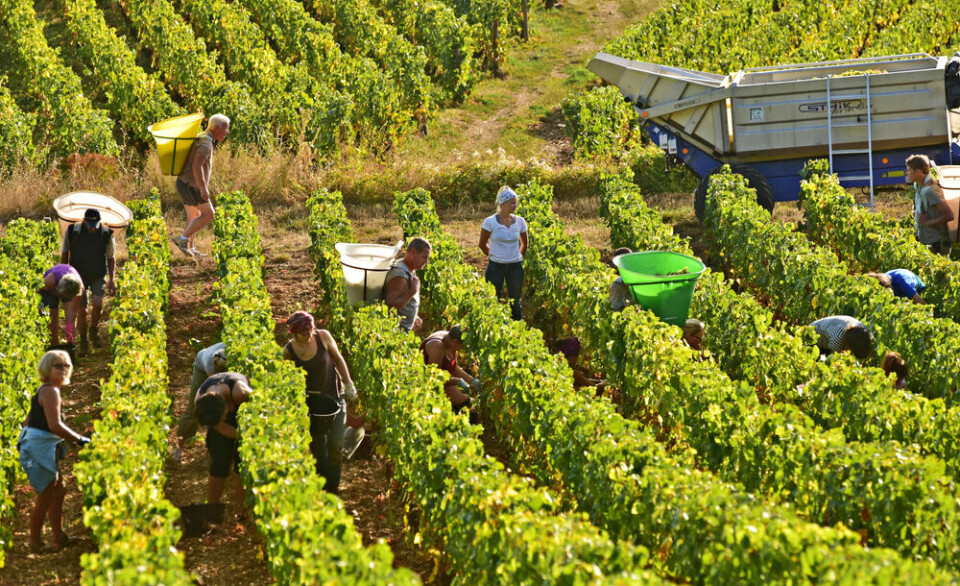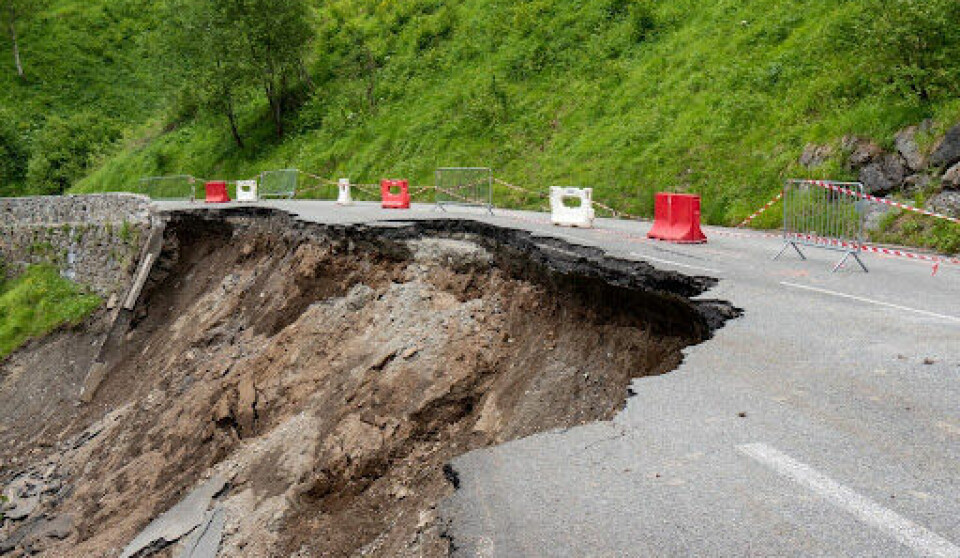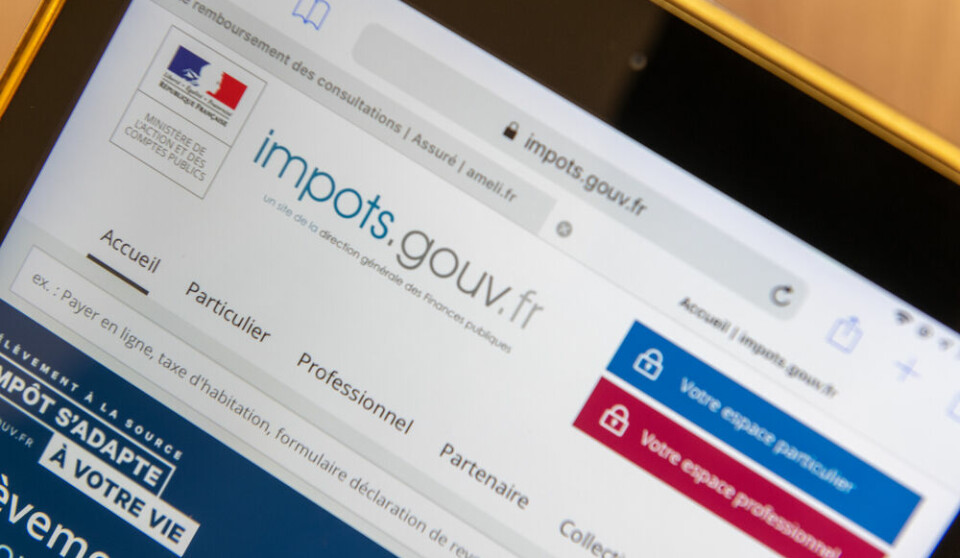-
PHOTOS: Olympic Flame to travel to France on beautiful historic ship
The 127-year-old ship sets sail on Saturday with ‘the most important passenger it has ever carried’
-
Phone scams, gardening, insurance claims: 5 French practical updates
Our roundup of recent practical articles you may have missed
-
Picnic in Paris? Chance to join huge meal on Champs-Elysees
The event could even be record-breaking. You can now apply for your chance to take part
France’s state weather forecasters on strike over automation errors
Workers are also protesting at staffing cutbacks. They say their weather warnings save lives and the service should not be reduced

Workers at France’s official meteorological service have been on strike since February 5, with staff angry over working conditions and what they claim are poorly performing new automated tools.
The employees of Météo France originally announced a strike running from February 5 to March 4 but have now extended this to run potentially into mid-April.
Protests are not only over not only job and budget cuts in the state-run service – which falls under the Ministry of Ecological Transition – but the rise in the automation of weather forecasts.
Strikers claim automation is resulting in reduced accuracy and cannot be rectified by real-life workers once errors are spotted.
The forecasters see themselves as a service which can provide life-saving information in a country where the weather can change rapidly – only this month, seven people died in the south of France due to storms.
Read more: Storm death toll rises in France as hunters find body of man in south
Job cuts and new tasks increase the workload
“Since 2008 and the start of the restructuring of Météo France, there has been an intensification of tasks and a deterioration in working conditions", said CGT union representative François Giroux to Huffington Post.
The number of full-time positions at Météo France fell by 23% between 2012 and 2022, according to French newspaper Libération.
"En dix ans, Météo France, établissement public à caractère administratif, a perdu plus de 20 % de ses effectifs. 3 409 postes en 2012, 2 581 en 2022. Une baisse drastique, délétère, ayant conduit à une pression accrue sur les équipes" https://t.co/uJz525qOIc pic.twitter.com/XRZZVzO1UB
— Enjeux de l'environnement (@AMDucroux) March 19, 2024
This correlates to almost 1,000 jobs that have not been replaced, and this is worsening each year.
In 2022, 95 people retired, which have still not been filled in the almost two years since the employees departed.
Many new Météo France employees are also hired on a general contractual basis, whereas previously they were classed as civil servants, enjoying the strong rights associated with such a position.
The number of observation centres has also fallen, from more than 100 to only 30, said Jérôme Lartisant, another union representative.
L’équivalent de suppression de 180 postes à @meteofrance … ou comment achever le moral de collègues déjà dégoûtés par les effets désastreux de l’automatisation des prévisions via 3P ! Automatisation du cœur de métier elle-même liée aux suppressions d’emploi antérieures… https://t.co/ajGjCdHcz9
— FO Météo (@MeteoFo) March 7, 2024
In addition, despite there being fewer workers to cover the current workload, new major tasks are being handed over to the meteorologists.
The new forest fire forecast, launched last summer, is the responsibility of Météo France, and runs through their website.
Read more: How does France's new wildfire risk forecast work? Where can I see it?
Concerns over automation accuracy
More than the working conditions, however, employees are concerned about the implementation of automated software which predicts the weather.
The new ‘Alpha’ tool from the "Production Forecast Programme" was introduced at the end of 2023, and workers are already concerned over the number of errors in the programme.
Researchers are "discouraged because their work is not put to good use by the automation at the end of the chain,” said Mr Giroux.
Developers of the automation tool are also under pressure, as they see their work behind the scenes ruined by the way the software has to run.
Mr Lartisant compared it to "a nice round potato that becomes mashed potatoes once automated.”
Mistakes have appeared at times where the forecasts should have been easier to predict, leaving workers worried about the summer, when many varying weather phenomena can appear in quick succession, such as heatwaves and summer storms.
The workers are also taking the brunt of an increased number of complaints over the automated tool, which allows for little room for changes after the forecast has been made.
“Some employees are even ashamed to say they work at Météo France,” said Mr Lartisant, who added people once took pride in working for such an important state service.
Related articles
What action is advised with different Météo France weather warnings



